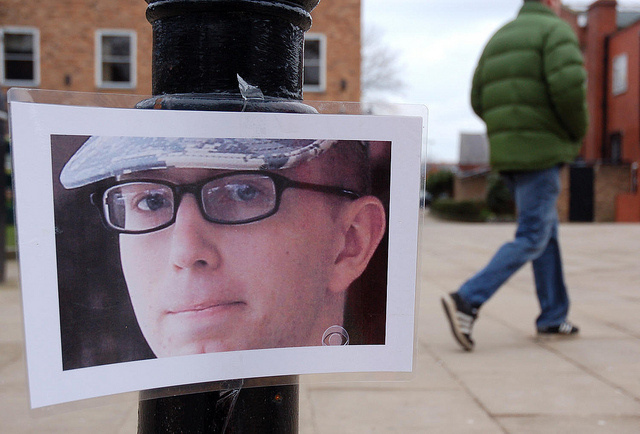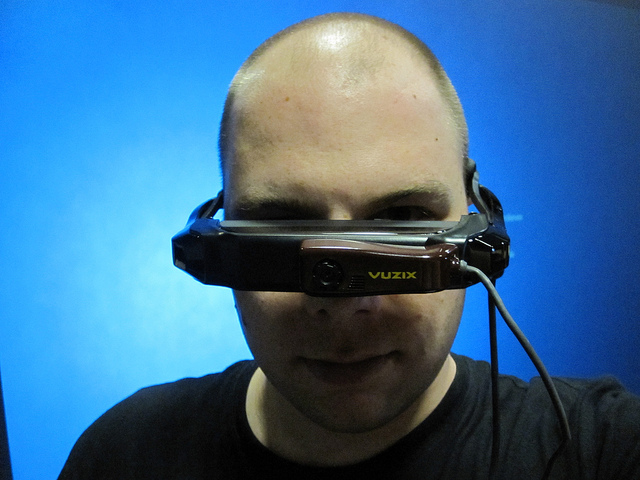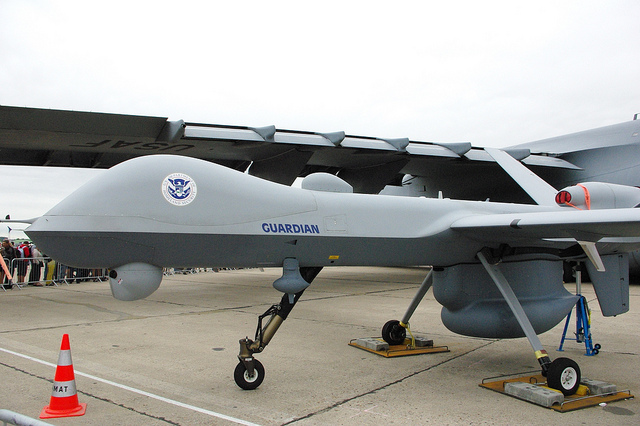
Website: http://en.ejo.ch/
Dr. Philip Di Salvo is a postdoctoral researcher in the School of Humanities and Social Sciences at the University of St. Gallen (HSG) Switzerland. Philip’s main research interests are investigative journalism, Internet surveillance, the relationship between journalism and hacking, and black box technologies. At HSG, Philip is involved in the Human Error Project, dealing with the fallacies of algorithms in reading humans. Previously, he was a Visiting Fellow at the London School of Economics and Political Science (LSE)’s Department of Media and Communications (2021-2022) and he held different research and teaching positions at Università della Svizzera italiana (USI)’s Institute of Media and Journalism (2012-2021). Philip received his PhD in Communication Sciences from USI with a dissertation about the adoption of encrypted whistleblowing platforms in journalism in the summer of 2018. Philip has also worked as a Lecturer at NABA - New Academy of Fine Arts in Milan, Italy (2018-2020). As a freelance journalist, Philip has written for Wired, Motherboard/Vice, Esquire and other publications covering the social impacts of technology and hosts a weekly radio show on technology on Milan-based Radio Raheem. Philip has authored two books: "Leaks. Whistleblowing e hacking nell’età senza segreti" (LUISS University Press, Rome, 2019) and "Digital Whistleblowing Platforms in Journalism. Encrypting Leaks" (Palgrave Macmillan, London, 2020). He’s also a member of the board of DIG Festival, an international investigative journalism event based in Italy.
January 8, 2014 •
Digital News, Media Economics •
by Philip Di Salvo
The New York Times has redesigned its website to make it both easier to read, and easier for advertisers to place branded content. The changes, which come into play on 8 January 2014 and affect both desktop and mobile versions of the site,...
Read article
September 26, 2013 •
Digital News •
by Philip Di Salvo
People in Mozambique will vote this November in the country’s first ever citizen journalist led election. A Czech technology company, which creates open source software to help journalists, has teamed up with Mozambique’s main...
Read article
July 16, 2013 •
Digital News, Specialist Journalism •
by Philip Di Salvo
The market for drones is expanding rapidly and will soon play an important role in the way journalism works, according to a new report. The Association for Unmanned Vehicle Systems International estimates that in the next ten years, the...
Read article
June 5, 2013 •
Press Freedom •
by Philip Di Salvo
Private Bradley Manning appeared in court this week for his role in releasing confidential information to Wikileaks in 2010. He has been held in prison without trial for over 1,000 days. His Martial Court trial, which began on June 3, 2013...
Read article
May 8, 2013 •
Media Economics •
by Philip Di Salvo
A new study reveals that students in the U.S. are eager to consume news on digital devices but only when they don’t have to pay for it. They are however more willing to pay for magazine content online. Steve Collins and Tim Brown at...
Read article
March 27, 2013 •
Digital News •
by Philip Di Salvo
Pictures of Google’s Sergey Brin spotted with the prototype of the Google Glass in a New York subway made headlines across the globe. Google’s project to create its own head mounted computer is probably the most know augmented reality...
Read article
March 13, 2013 •
Press Freedom •
by Philip Di Salvo
In occasion of the World Day Against Cyber Censorship, Reporters Without Borders (RWB) has released its annual report on Internet Freedom. It pays special attention to digital surveillance, the tracking of the online activities of single...
Read article
March 6, 2013 •
Digital News •
by Philip Di Salvo
The Barcelona Mobile World Congress (Mwc) just ended, and for one week congress organizers succeeded in positively monopolizing the attention of all technology-related media. The Fira Gran Via greeted the major mobile branch novelties,...
Read article
February 11, 2013 •
Ethics and Quality •
by Philip Di Salvo
Yemen, Somalia, and Pakistan are countries where silent and almost unknown war activities are conducted. There are no humans on the ground and no traditional piloting of aircrafts or tanks. Instead U.S. Army drones, or remote-controlled...
Read article


















































